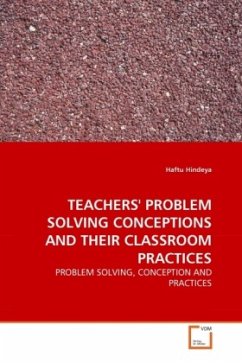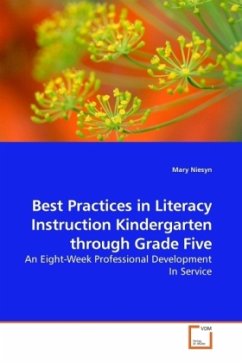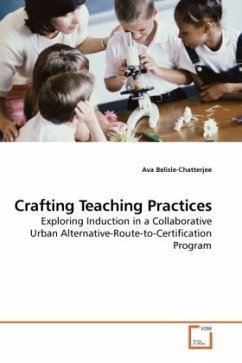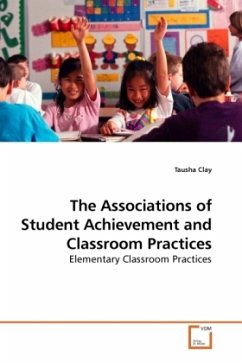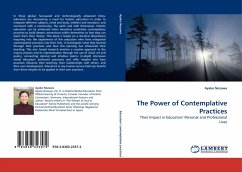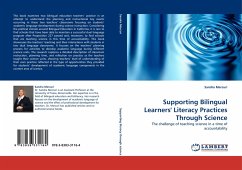
Policies, Pedagogy, and Practices
Educational Experiences of Latino English Language Learners in Virginia
Versandkostenfrei!
Versandfertig in 6-10 Tagen
45,99 €
inkl. MwSt.

PAYBACK Punkte
23 °P sammeln!
As the Latino population continues to rise in the United States and the number of Latino children entering the public schools increases, it is vital to consider the opportunities and the challenges they face learning a second language. This book analyzes the impact of the policies of the No Child Left Behind Act (2001) on the teaching and learning of 10 Latino English language learners (ELL) in an urban high school in Virginia. Learning a second language is a daunting task for immigrants transitioning to a new language and environment. Using ethnographic methodology, the researcher examined th...
As the Latino population continues to rise in the United States and the number of Latino children entering the public schools increases, it is vital to consider the opportunities and the challenges they face learning a second language. This book analyzes the impact of the policies of the No Child Left Behind Act (2001) on the teaching and learning of 10 Latino English language learners (ELL) in an urban high school in Virginia. Learning a second language is a daunting task for immigrants transitioning to a new language and environment. Using ethnographic methodology, the researcher examined the interconnectedness of the federal policy (NCLB) with the pedagogy employed by faculty to support a learning climate for English language learners. Pedagogy that was built on respect, cultural identity, and critical thinking skills helped learners become actively engaged. The practices of caring teachers enabled them to serve as advocates, helped forge relationships of respect and trust, and encouraged students to succeed academically. The students voices said it themselves, ¡Qué nos dé una chanza! [Give us a chance!]



